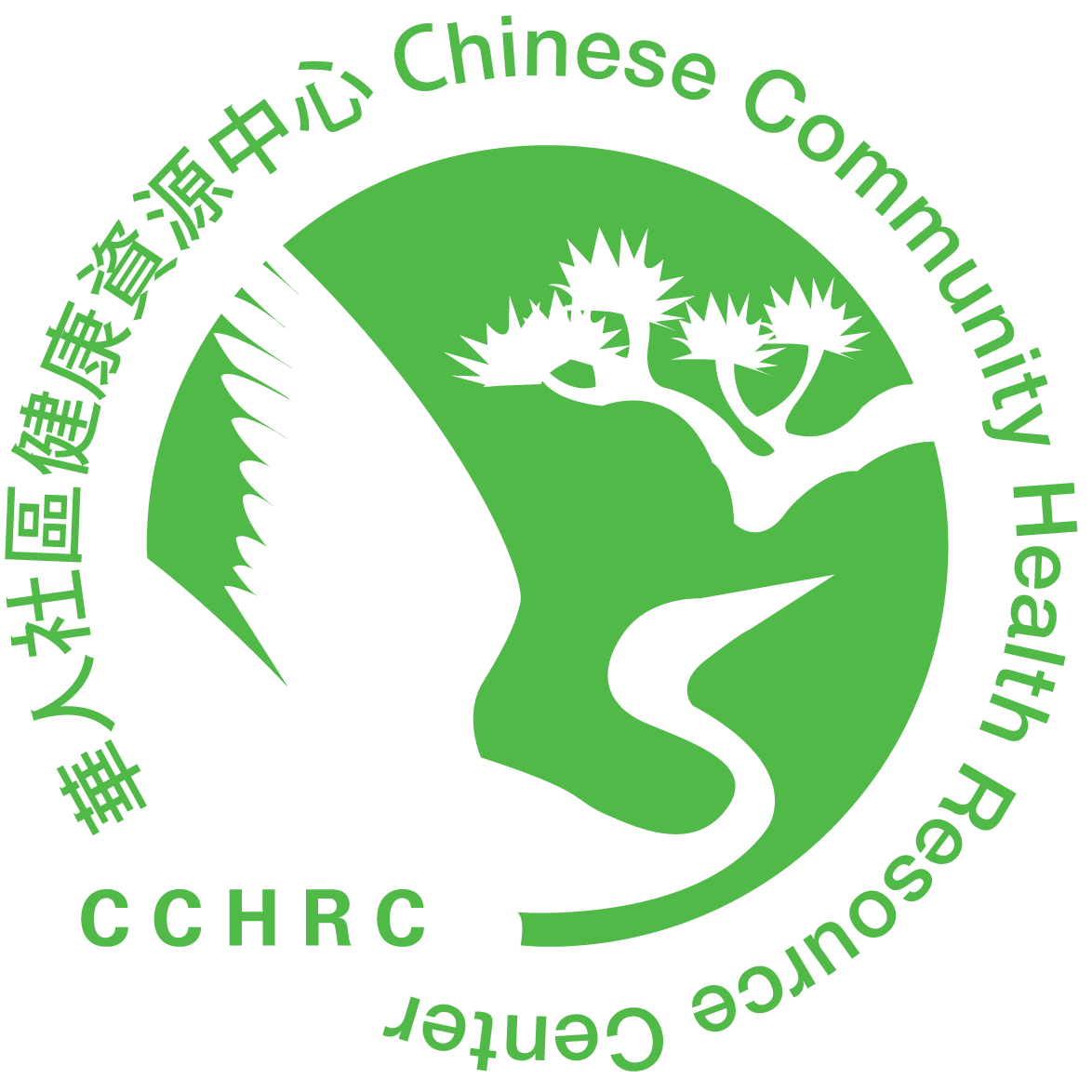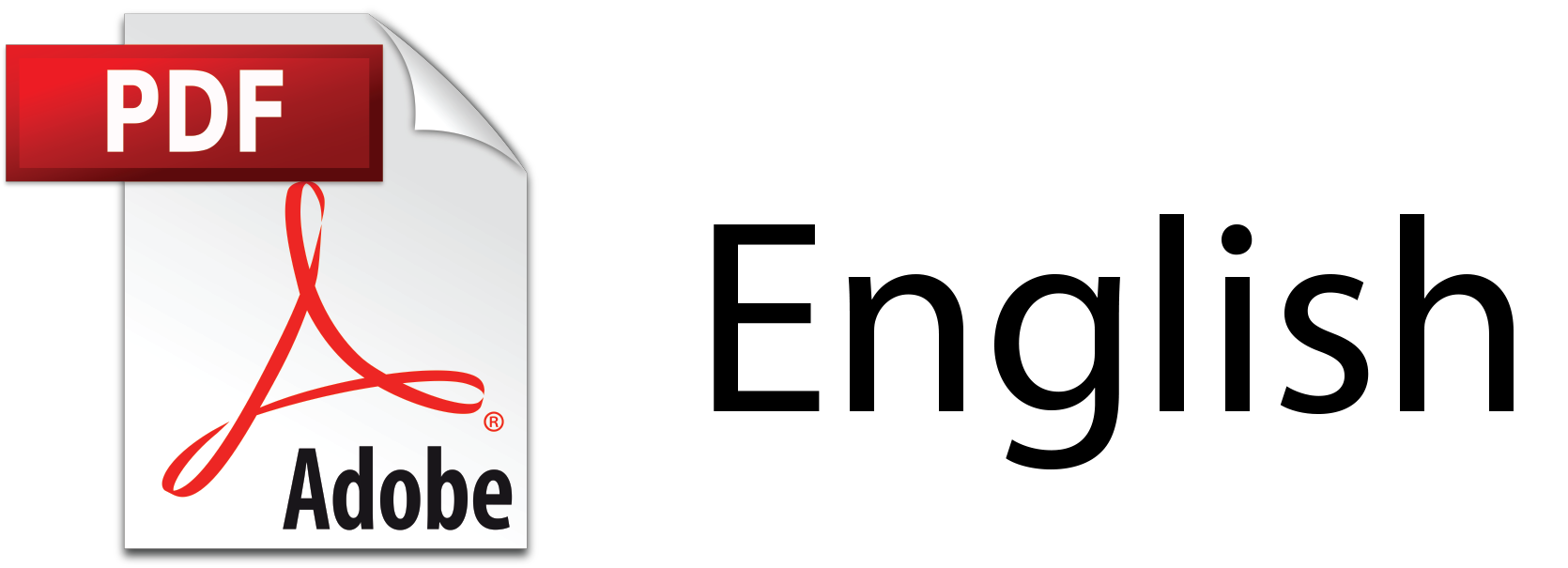What is Blood Pressure?
Blood pressure is the force that moving blood exerts against the walls of the blood vessels during each heartbeat. Your blood pressure fluctuates throughout the day and with different activities.
How is Blood Pressure Measured?
An instrument called a Sphygmomanometer (cuff attached to a gauge) is used to measure blood pressure. Blood pressure is measured in millimeters of mercury (mmHg) and is made up of two numbers, such as 120/80 mmHg, which represent systolic over diastolic pressure. Systolic pressure is the pressure of the blood flow when the heart is contracting. Diastolic pressure is the pressure of the blood flow when the heart is resting.
What is High Blood Pressure?
High blood pressure is a persistent elevation of systolic blood pressure (SBP), and/or diastolic blood pressure (DBP) at or above 130/80 mmHg, on at least three consecutive readings. Normal blood pressure should be below 120/80 mmHg.
Symptoms of High Blood Pressure
High blood pressure is called the “silent killer” because it often has no symptoms. It is important to have your blood pressure measured since the condition has few warning signs.
Causes of High Blood Pressure
In over 90% of the cases, the cause of high blood pressure is unknown. This type of high blood pressure is called essential hypertension. In the remaining cases, high blood pressure may be a symptom of underlying diseases, such as adrenal gland, heart, or kidney problems. This type of high blood pressure is called secondary hypertension. Once the abnormality is corrected, blood pressure usually returns to normal.
Who Gets High Blood Pressure?
Anyone can get high blood pressure. However, your chance of developing high blood pressure increases with the following risk factors:
- Age
- Chronic kidney disease
- Diabetes
- Excess alcohol intake
- Family history
- High fat/high sodium diet
- Inactivity
- Menopause
- Overweight/Obesity
- Smoking
- Stress
- Taking birth control pills (Women)
Complications of Uncontrolled High Blood Pressure
Uncontrolled high blood pressure can strain the heart and damage blood vessels. It also increases your risk of stroke, kidney failure, congestive heart failure, heart attack, and blindness.
Treatment of High Blood Pressure
- Stop Smoking
- Limit alcohol
- Maintain a healthy weight
- Exercise
- Reduce stress
- Follow the DASH (Dietary Approaches to Stop Hypertension) eating plan:
-
-
- Eat more fruits and vegetables.
- Choose beans, fish, low-fat/nonfat dairy, nuts/seeds, and poultry.
- Use low sodium seasonings: anise, black/green pepper, celery, chili pepper, cilantro, curry powder, five spice powder, garlic, ginger, herbs, lemon juice, onion, parsley, scallions, and vinegar.
- Reduce high sodium foods and condiments: salt, canned foods, chili sauce, bean paste, fermented black beans, fermented soybean curd, fish sauce, frozen foods, ham, instant noodles, MSG, oyster sauce, preserved meats, salted fish, sausage, shrimp paste, soy sauce, and takeout.
- Reduce high fat/cholesterol foods: fatty meats, full-fat dairy, fried foods, frozen foods, meat skins, organ meats (liver, brain, and kidney), pastries, saturated fats (butter, coconut oil, palm oil), seafood, and takeout.
-
- Take medication(s) when prescribed.
Blood Pressure Medications
When lifestyle changes fail to bring blood pressure down to normal, treatment with drugs may be necessary. Medications may lower blood pressure by one or more of the following:
- Eliminate excess sodium (salt) and fluid from the body.
- Reduce the heart rate.
- Block the nerve impulses from constricting (narrowing) blood vessels.
- Relax and dilate (widen) blood vessels.
Once you begin taking medication to control your blood pressure, it is important to continue taking them even after your blood pressure has reached a normal level. Treatment is usually continued over a lifetime in order to maintain good blood pressure control. If you experience any unpleasant side effects, make sure to tell your doctor. Do not stop taking your medication on your own as this may cause your blood pressure to go out of control. If you are on a diuretic (water pill), consult your physician regarding the need for a potassium supplement.
Why do I need to take medications when I feel fine?
High blood pressure has no symptoms but can cause permanent damage to your body if left untreated. Therefore, it is important to take your medication as prescribed even though you feel fine.
Prevention of High Blood Pressure
Many treatments for high blood pressure are also useful in prevention. This includes weight maintenance, exercise, and stress management. Eating a diet rich in fruits, vegetables, beans, fish, low-fat/nonfat dairy, nuts/seeds, and poultry may also help.
High blood pressure cannot be cured, but it can be controlled. Follow your doctor’s advice and have your blood pressure checked regularly. You can also check your blood pressure at home with a blood pressure monitor purchased at a local drugstore. Keep regular logs of your readings.
Blood Pressure (BP) Guidelines
| Blood Pressure | Normal BP | Elevated BP | Stage 1 Hypertension | Stage 2 Hypertension | HYPERTENSIVE CRISIS (SEEK MEDICAL HELP IMMEDIATELY) |
| Systolic (Top number) | below 120 | 120 – 129 | 130 – 139 | 140 or above | 180 or above |
| AND | AND | OR | OR | AND/OR | |
| Diastolic (Bottom number) | below 80 | below 80 | 80 – 89 | 90 or above | 120 or above |
Reference:
American Heart Association https://www.heart.org/en/health-topics/high-blood-pressure
National Heart, Lung and Blood Institute https://www.nhlbi.nih.gov/
Copyright © 1997-2022 Chinese Community Health Resource Center
If you would like a copy of this health article, please click on the PDF button in the language you prefer. To view the PDF document, you’ll need Adobe Acrobat, which you can download here.
Bilingual:




